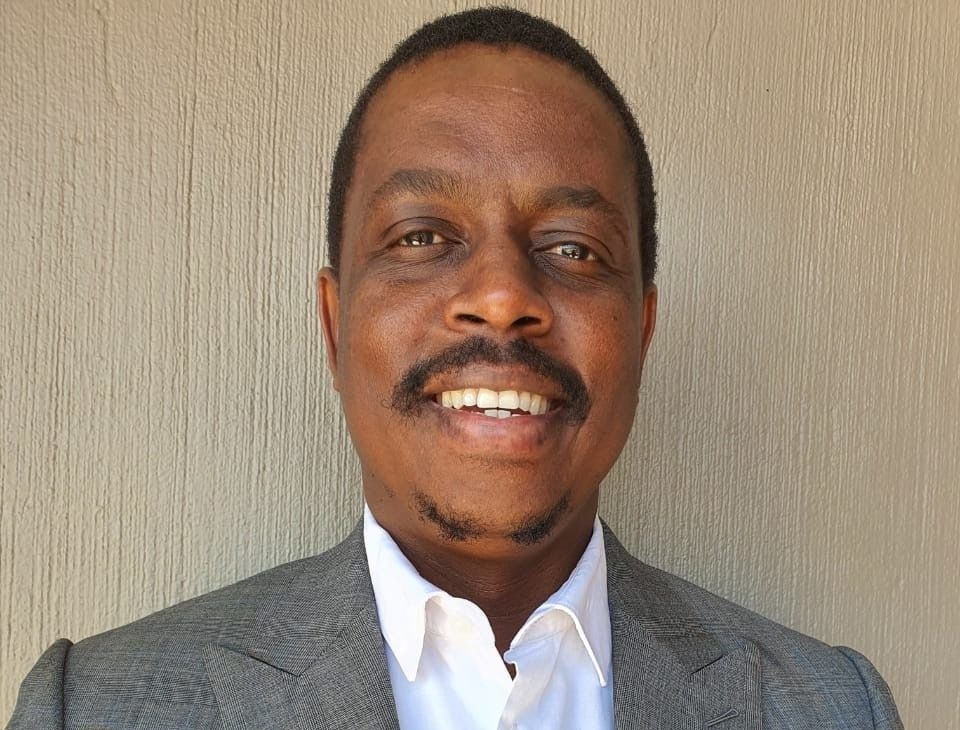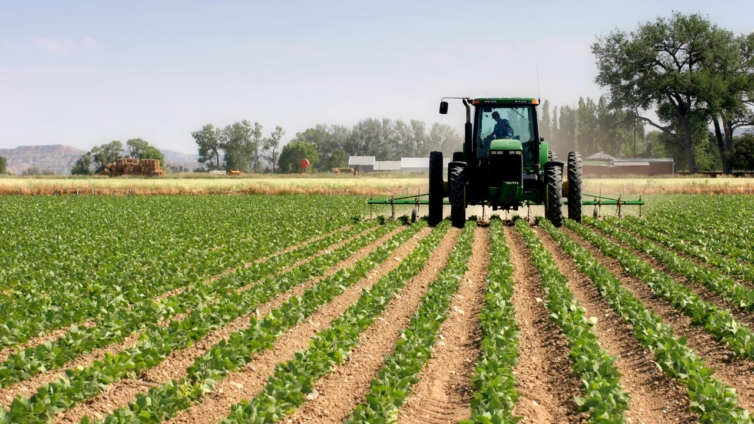There are few things more traditional and widespread than agriculture in Africa. While the continent holds around 60% of the world's uncultivated arable land, Africa remains a substantial net importer of food and has a growing population to feed.
Projections are that, by 2050, Africa will have almost doubled its population to two billion, and it is a given that agriculture will play a central role in sustaining and feeding its people.
Agriculture employs close to 50% of the working labour force on the continent, and in sub-Saharan Africa, the sector contributes 23% of GDP. So, why then is agriculture production and the attendant food security so precarious on a continent where farming is such a key feature of life and livelihoods? The one core systemic challenge of agriculture is one of financing the agri-ecosystem.
According to Shalom Ben-Or, Chief Executive Officer of AvenewsGT, developers of an Agri App in partnership with Absa Bank, there is a need to increase finance to the sector. “Despite the size and contribution of the African agriculture sector, financial institutions such as banks contribute only between 2-7% of all lending to agri-businesses.”
This leads to an annual financing gap of USD 180 billion to the agriculture supply chain in Africa. This state of affairs also plays out in the global picture, as emerging markets require $450 billion annually, but receive only $9 billion in financing from financial institutions, leaving a yawning gap.
Tshepo Maeko, Vice President and Head of Agri-Sales: Absa Regional Operations, believes Africa needs to step up its game. Africa relies on more than USD 47 billion worth of food imports to supplement its own food supply, Maeko said.
The lack of consistent financing and support leads to inconsistent productivity and most African agri players will remain small-scale as they can only access small and medium enterprise funding and will never become commercial farmers, according to Maeko. Now Absa is hoping to help change the landscape of agriculture in Africa and create sustainable and impactful agri-businesses.
During a recent webinar hosted by Absa, participants, including Ben-Or and Maeko, spoke of the challenges the sector faces on the continent, but also of the digital solutions, which could help unlock the immense potential contained in Africa's fertile soil.
One of areas cited as a large stumbling block is the hassle of paperwork; something no farmer has time to deal with when it’s the season to harvest.
The Avenews App allows for the digitisation of all trade documents such as purchase orders, contracts, inventory, invoices, payments, and business contacts, all in real-time. It also allows finance institutions such as Absa to provide tailored financing solutions based on reliable and accurate data.
According to Maeko, Absa is looking to deploy technology that will help Absa collect data, process information, and make informed decisions, which will help Africa fulfil its agriculture potential.
Ben-Or said the inability to increase yields for African farmers came down to trade engagements all along the agriculture value chain between farmers, buyers, and sellers, all of which were still conducted manually and, in some cases, via handwritten invoices.
If the farming entity approached a financing institution with this documentation wanting it validated, the banker will not be able to do so. The informal and poorly documented nature of agri-trade is one of the primary reasons banks struggle to provide capital, Ben-Or said.
Absa and AvenewsGT have worked together since 2017, with AvenewsGT being part of the Bank's tech incubator programme, and have launched the digital innovation product in Kenya, with further plans to roll out in Ghana, South Africa, Uganda and Zambia and the other markets in which Absa has a presence. Ben-Or said the Agri finance innovation platform had already seen great results in Kenya and was easily adaptable to unique market situations and factors.
AvenewsGT, in collaboration with Absa, has created a digital infrastructure that allows for the exchange of documents and information governing the flow of goods and capital and making payments. This created business identities for each of the participants within the supply chain, all the way from the farmers to the large agri-businesses. These digital identities evolve over time and earn creditworthiness.
The Avenews App can be used on any feature-rich cellular device and includes mobile payment processes, allowing farmers to become digital businessmen and women with the ability to earn a creditworthiness identity, as well as access suitable financing services from supportive lending institutions such as Absa.
As a digital-first bank and with a deep commitment to agriculture enterprise on the continent, Absa is determined to lead the way towards Africa realising the immense growth potential in the sector.
****

The writer is the Vice President & Head of Agri-Sales, Absa Regional Operations.
Latest Stories
-
Patrick Atangana Fouda: ‘A hero of the fight against HIV leaves us’
35 minutes -
Trinity Oil MD Gabriel Kumi elected Board Chairman of Chamber of Oil Marketing Companies
1 hour -
ORAL campaign key to NDC’s election victory – North America Dema Naa
1 hour -
US Supreme Court to hear TikTok challenge to potential ban
2 hours -
Amazon faces US strike threat ahead of Christmas
2 hours -
Jaguar Land Rover electric car whistleblower sacked
2 hours -
US makes third interest rate cut despite inflation risk
2 hours -
Fish processors call for intervention against illegal trawling activities
2 hours -
Ghana will take time to recover – Akorfa Edjeani
3 hours -
Boakye Agyarko urges reforms to revitalise NPP after election defeat
3 hours -
Finance Minister skips mini-budget presentation for third time
3 hours -
‘ORAL’ team to work gratis – Ablakwa
3 hours -
Affirmative Action Coalition condemns lack of gender quotas in Transition, anti-corruption teams
4 hours -
December 7 election was a battle for the ‘soul of Ghana’ against NPP – Fifi Kwetey
4 hours -
Social media buzzing ahead of Black Sherif’s ‘Zaama Disco’ on December 21
4 hours

